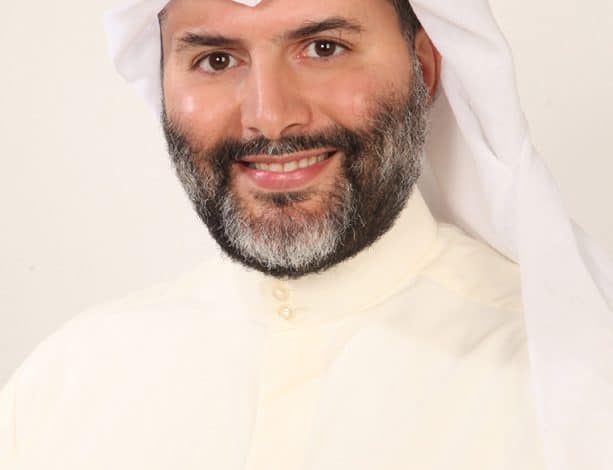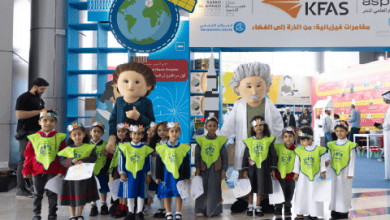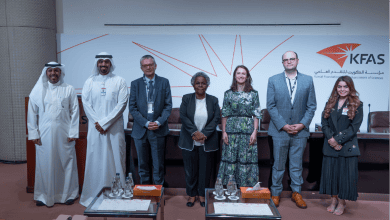Addressing the Skills-Gap Shortage in Artificial Intelligence: Introducing the “Kuwait Academy for Artificial Intelligence Program”

The era of Artificial Intelligence (AI) is here, and 2022 has been declared the year of AI in Kuwait. With businesses both in Kuwait and worldwide starting to realize, and harness, the power of this tool, there is a growing need for data scientists with a deep understanding of AI. But as a relatively new technology, there’s already a shortage of individuals with the skills to create, train, and monitor these intelligent applications that we increasingly rely on.
In response to this talent gap, the Kuwait Academy for Artificial Intelligence Program has been launched. Funded by the Kuwait Foundation for the Advancement of Sciences (KFAS), this program has been developed by Program Director Jasem Al Mutawa.
Al Mutawa’s passion for the internet was ignited at a young age, when his father showed him dial-up internet at a time when very few people knew of its existence, let alone had the opportunity to experience it first-hand. This moment set the course for his professional career, part of which involves educating others on the power of AI technology, and the other involves helping governments and businesses adapt to the digital transformation of the world in which we live.
“I felt a responsibility to bring AI to Kuwait, but with a practical approach rather than simply teaching the theory,” said Al Mutawa. The result of his expertise and passion is the Kuwait Academy for Artificial Intelligence Program. “We spent a long time developing the course, pulling together the content and creating a strong foundation so that anyone can build their knowledge and uplift their skills in this area,” he said.
To achieve this goal, Al Mutawa created a self-paced course that takes advantage of the power of community-based learning. As the number of students increases, there will be opportunities for additional training based on specific topics of interest. “The world of AI is so vast,” said Al Mutawa, “That makes it necessary to focus on specific areas so we can build knowledge, uplift skills, and help each other learn through practical, targeted activities.”
“Many universities already offer AI modules, and while these courses can be a good theoretical foundation, they don’t necessarily offer enough practical skills for students to step into practice,” said Al Mutawa. “The driving force behind the creation of this new course is to address the new, AI-driven economy and to ignite a community of AI-specialists within Kuwait.”
Along with this goal, they wanted to generate a marketplace for qualified people to assist and support each other. In doing so, the creation of a new industry within Kuwait is born – one with limitless possibilities and the power to change the future.
بقلم إيما ستينهاوس




